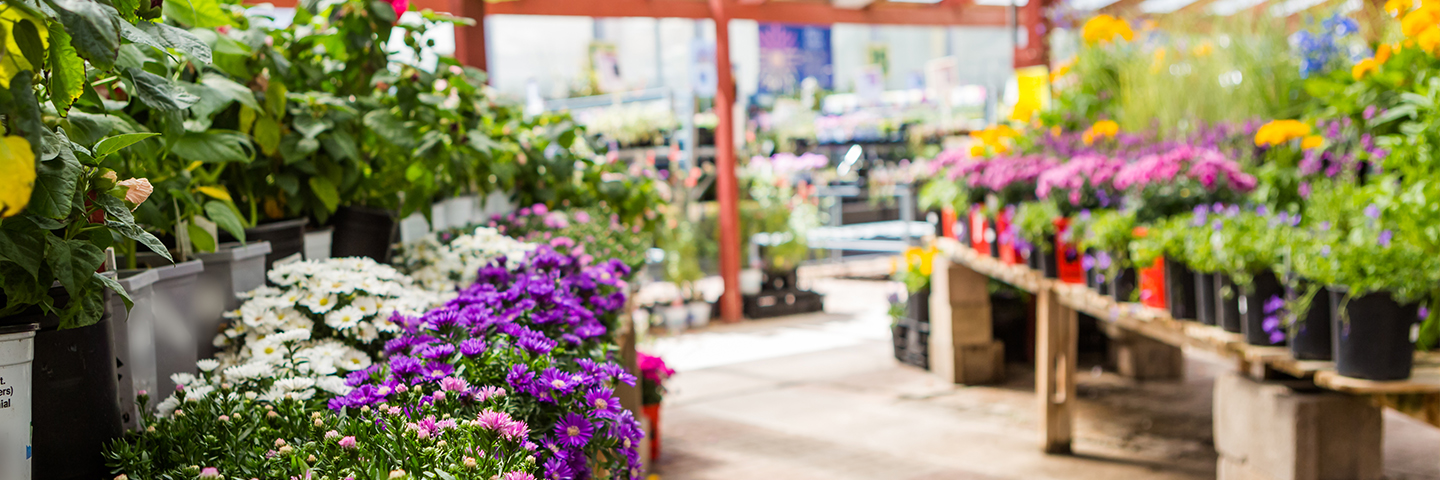At the outset of Covid, panic food buying saw our vegetable shelves emptied sending many of us to our local garden centres to buy seed. A combination of ‘Digging for Britain’ and the Good life. The lockdown then closed our garden centres and seed, as with all things, mostly became available to the public via the internet. Overnight, as UK garden centres and supply chains endeavoured to make themselves accessible to their customers online, the UK public awoke to the fact that they could browse and purchase online seed, even plants, from a myriad of alternative suppliers across the world.
As Dr Julian Smith of Fera Science Limited explains “This switch to online shopping for seed isn’t in itself newsworthy and may seem mundane, but this innocent act actually presents a very real plant biosecurity threat to the UK. Online seed buying will effectively bypass our national biosecurity practices, especially when the suppliers is of unknown integrity. Indeed, some of the biggest plant health risks for the UK are currently associated with our international horticultural trade, such as olives and Xylella, tomato and ToBRFV and potato and Zebra chip. The plant health professionalism and vigilance of our horticulture sector is a main stay of UK Plant Biosecurity”.
Seed presents a particular high risk as a trojan-horse for a myriad of pathogens. Insects, viruses, bacteria, fungi, nematodes and invasive plants are all candidates for entry, with proven records for causing substantial harm in our crops and/or our landscapes. Such ‘new entry’ is not theoretical, but already occurring. Fera virologist, Dr Adrian Fox, unearthed the risk of Ullucus, an Andean tuber that looks like a colourful potato, being grown and sold for seed illegally in the UK. In this example, unregulated tubers, sourced on the internet, were found to contain many viruses that were new to the UK and potentially of major harm to the UK potato industry.
‘Holding the line’ against the entry of new pathogens to the UK, our plant biosecurity continuum, is primarily the shared task of the horticultural industry, Defra and Fera. However, the identification of Ullucus by Fera’s plant health science and services shows that the public also has an important role to play by buying responsibly through reputable, preferably UK, seed producers. Even though our garden centres thankfully return to business, and the horticulture industry likewise, some people may choose to continue to buy online so it is vitally important that we ensure the seed we buy is from a reputable source.
For further information on how Fera is currently supporting Defra and the horticulture industry please contact Adrian.fox@fera.co.uk. For enquires on Fera Plant Clinic and scientific services please contact plant.clinic@fera.co.uk.




